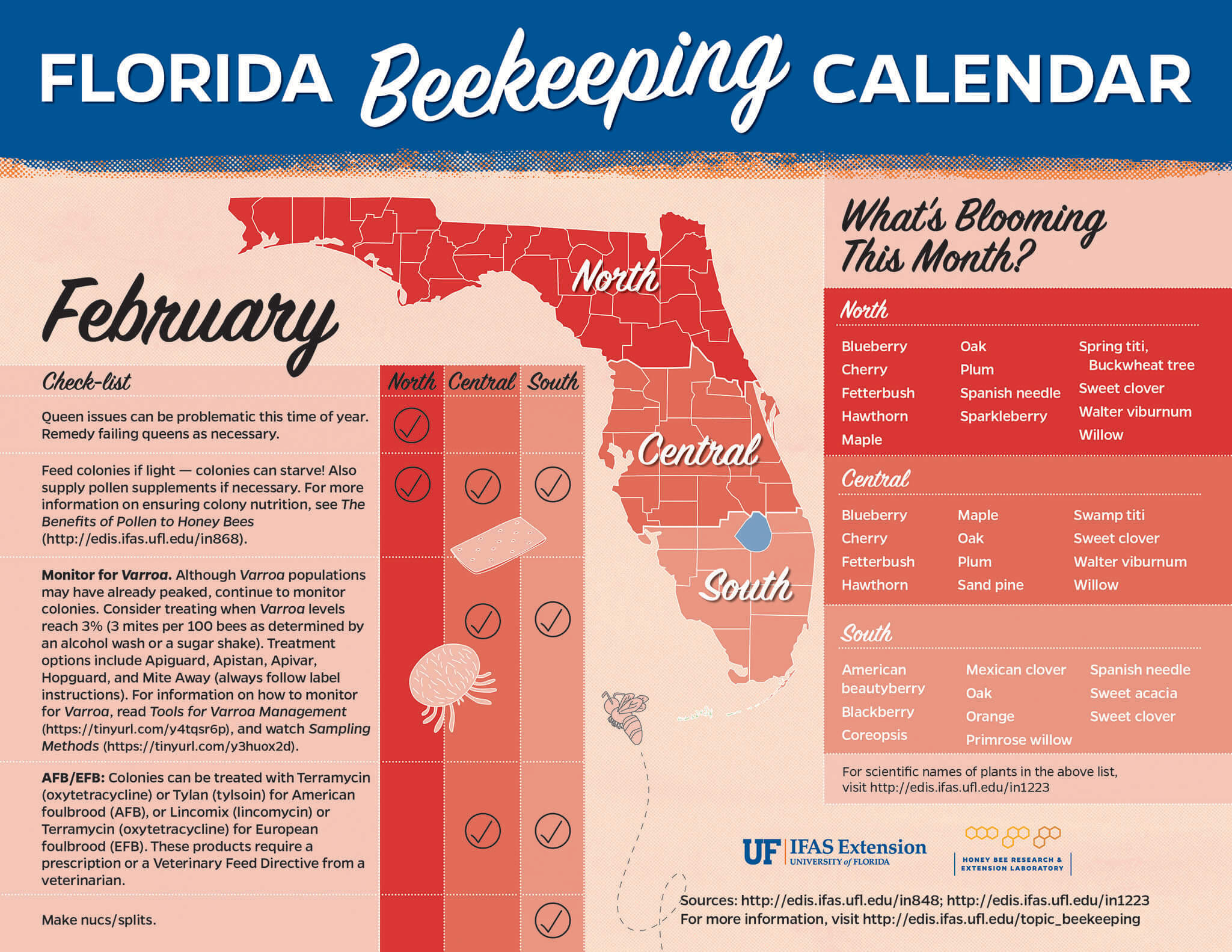The Heartland Bee Newsletter
February 2021 (5th edition)
Your Input: By the Numbers
The results of our member survey are in, and we’re grateful for your responses. The primary goal of the Heartland Beekeepers Association is to serve local beekeepers—it helps a lot to know what they want.
The experience level of our members varies dramatically, from less than a year to nearly two decades, with the average sitting at about five years of beekeeping. The number of managed colonies is diverse, as well, with an average of ten hives per beekeeper. A majority of our respondents produce honey, and about half produce wax. Pollination services were minimal—perhaps due to a lack of communication pathways between beekeepers and farmers in need of such a service?
A major focus of this survey was education. We learned that a whopping 71% of our members have had a mentor, and prefer to get their information from other experienced beekeepers, though they primarily find it through Facebook and YouTube, presently.
With that in mind, we’re working to put together pandemic-friendly, in-person classes and workshops catering to hands-on education—starting this month! Discussion is under way for our annual beginner beekeeper class, as well as an online library of quick reference videos for things like mite counts, IPM techniques, and queen rearing.
If you are interested in joining our list of mentors, please don’t hesitate to let us know! You don’t need to be an expert to share your knowledge and passion with a newbee, and we’re here to help however we can.
I Heart Mite Counts
For the backyard beekeeper, mite counts can seem like an additional burden in the battle with Varroa. The loss of several hundred bees can seem wasteful, if not downright tragic. However, a combination of mite counts and bit of recordkeeping can save a considerable amount of time and money, and significantly improve the health of the entire apiary.
The basics of the mite count are straightforward: a sample of 300 bees (a half cup) are taken from a frame of open brood and placed in a container with a medium that will help to dislodge the mites while the beekeeper physically rolls and shakes them. The bees are then strained, and the mites remaining in the medium are counted.
Here's the really fun part: math! Divide the number of mites by three, and that's the varroa threshold of the colony. Many scholarly sources agree that if the resulting number is greater than three, pest management is recommended.
In Florida, a powdered sugar roll can be satisfactory, but humidity decreases effectiveness with each successive colony. An alcohol wash is the most reliable method of counting mites. As is always true of this industry, special gadgets designed to streamline the process are available for sale, but a beekeeper can get by just fine with a mesh screen cut to fit a Mason jar lid.
Sticky boards are a less invasive option, but are also considerably less accurate unless checked or replaced often. Their beauty lies in testing the mite drop following treatment.
The level of mites in a hive may not be readily apparent. A strong colony may be harboring a high number of pests. It may not be earmarked for spring treatment. This leads to a mite crash, which is commonly identified on beekeeper surveys as "weak in the fall". With the decrease in drone brood as nectar availability drops, large numbers of Varroa transition to harassing worker brood, instead.
Beekeepers that treat prophylactically may find themselves needing less costly chemical treatments, also reducing labor associated with applying and removing them. A count that's near the recommended threshold can be controlled with integrated pest management techniques, like swarming, splitting, requeening, and drone brood removal.
Keeping track of these insights provides confidence when addressing common issues, like spotty brood patterns or lack of queen success. Knowing the mite threshold in a colony allows the beekeeper to best manage those pests, and reduces unnecessary chemical exposure and costs.
For local beekeepers that are interested in learning more, the Heartland Beekeepers will be hosting a Field Day to perform an alcohol wash on Saturday, February 27th, 2021. Participation is limited due to the pandemic, so contact us to reserve a space!



